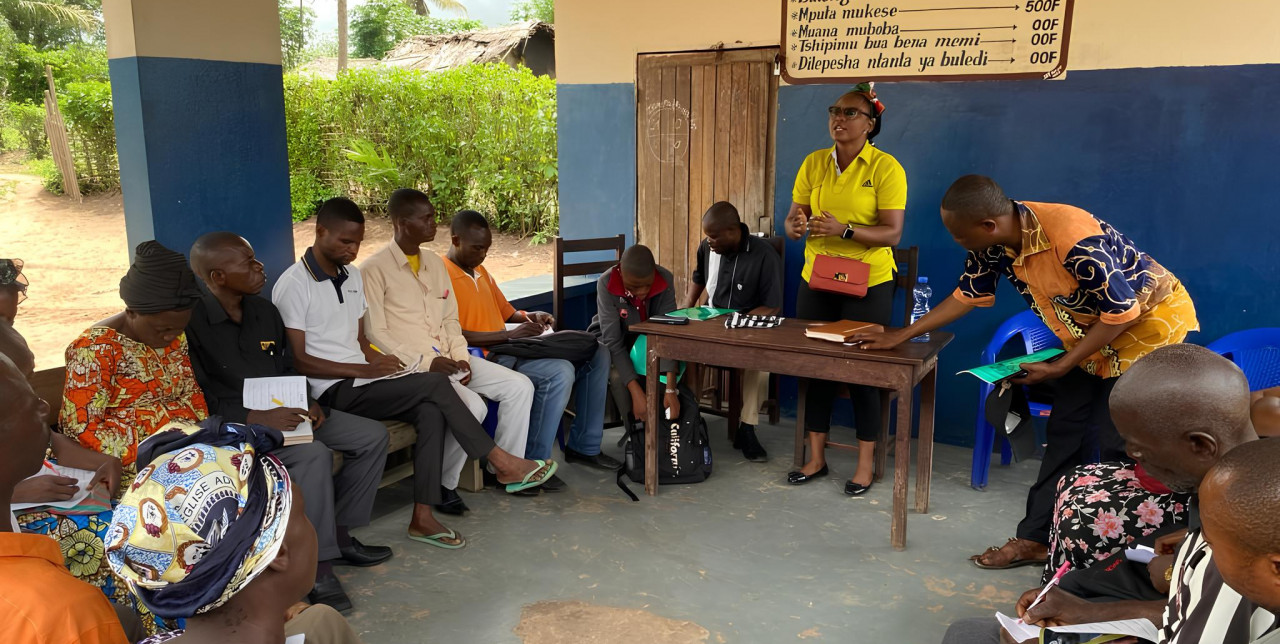08-04-2024 | di COOPI
DRC. Engaging local communities to combat malnutrition
In Central Kasai Province, thanks to financial support from the World Bank, COOPI-Cooperazione Internazionale is implementing services aimed at strengthening mechanisms to prevent and combat malnutrition by actively involving local communities.
In the Democratic Republic of Congo, food insecurity, malnutrition, poverty, and violence generate millions of refugees and displaced people each year. Chronic malnutrition remains a major problem in the country, particularly in Central Kasai province, where food insecurity exacerbates its prevalence.
COOPI supports the Ministry of Health in Congo in implementing and strengthening the so-called "Community-Based Nutrition" approach: a participatory method that empowers the community to act collectively to prevent malnutrition. This approach draws on local knowledge and resources, focusing on essential family practices related to infant and young child feeding. Therefore, it allows the use of community resources, high-impact nutrition interventions, and encourages collaboration among the various sectors involved.
The project, which began in August 2023 and will run for two years, aims in particular to reduce stunting in children aged 0-59 months. In total, almost 600,000 children and 113,000 pregnant women will benefit from the project, spread across 2,610 different villages. At the same time, community awareness-raising and accountability activities will be carried out. Through ongoing collaboration with the authorities and continuous support for nutrition-related care services, the project aims to empower local communities to take control of activities and become resilient.
Present in the DRC since 1977, COOPI fights malnutrition by ensuring prevention, care and nutritional security for thousands of malnourished children and mothers. To promote nutritional security, COOPI works on a number of fronts, from the care of severely malnourished children to campaigns to raise awareness of good breastfeeding and feeding practices.




 Dem. Rep. of Congo
Dem. Rep. of Congo